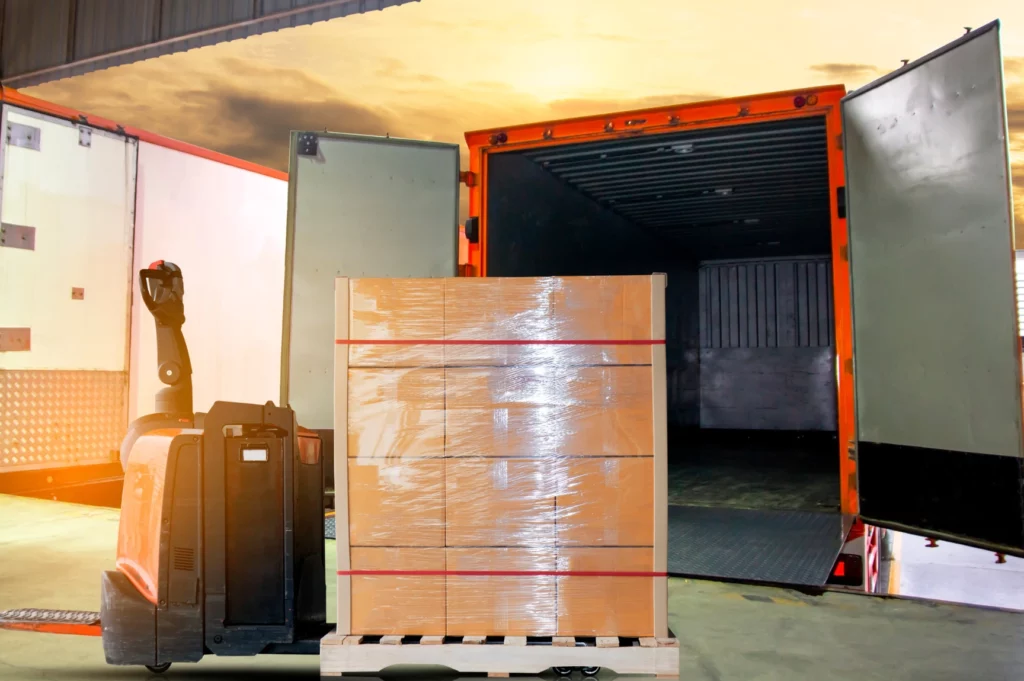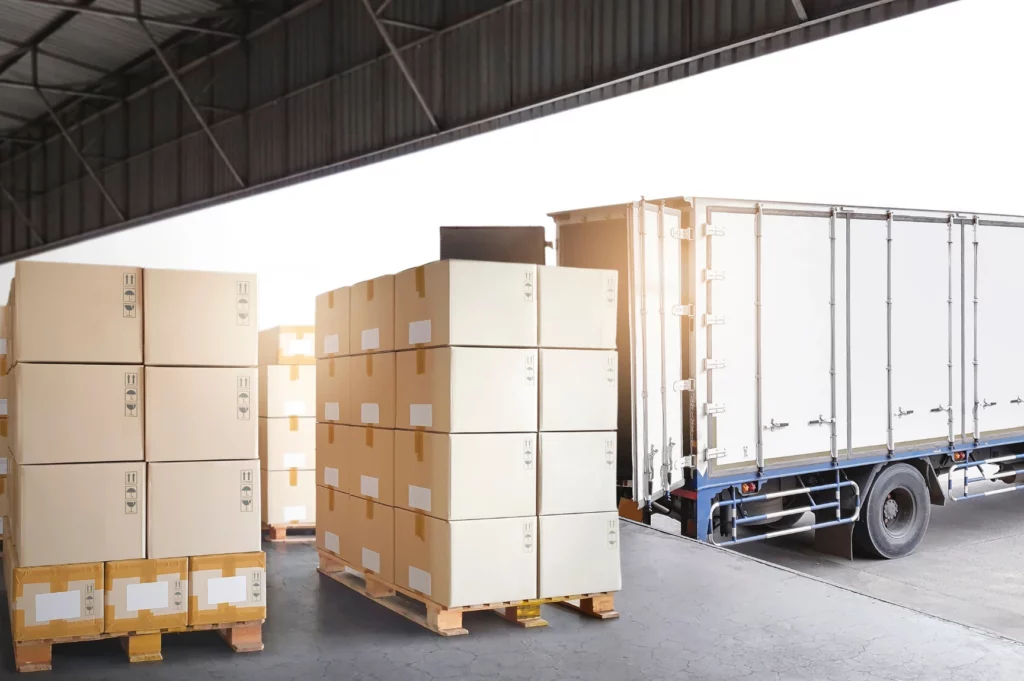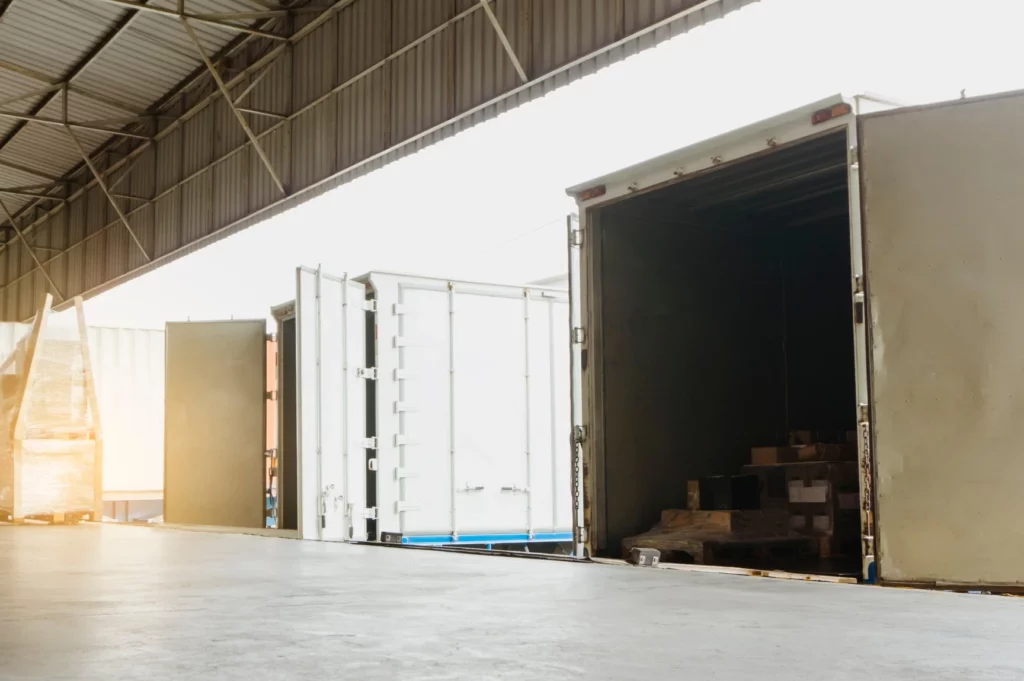CROSS-DOCKING IN TACOMA, WA
Cut Costs and Avoid Delays with Cross-Docking Solutions in Tacoma, WA
If a shipment gets delayed, it can result in storage congestion or the need for extended storage, leading to increased shipping costs. Cross-docking provides a cost-effective answer by guaranteeing uninterrupted freight flow to its target, reducing wait times, freeing storage space, and decreasing shipping and storage expenditures.
OLIMP Warehousing Solutions provides easy access to cross-docking services in Tacoma, WA via our streamlined digital platform. You can request instant quotes for cross-docking solutions to accelerate your freight deliveries. Our vast network spans North America with thousands of service-locations
Fast, Cost-Efficient Cross-Docking Solutions for Your Business
At OLIMP Warehousing, we offer efficient cross-docking services designed to optimize your supply chain and minimize storage costs. Our services are tailored to meet the unique needs of various industries, from retail and e-commerce to food and beverage, manufacturing, and heavy equipment. Whether you need LTL or FTL cross-docking, container handling, or freight consolidation, we ensure smooth and timely transfers of goods with minimal handling, speeding up delivery times and reducing warehousing expenses.
Our team is equipped to handle a range of specialized services, including intermodal cross-docking, reverse logistics, and inventory management. OLIMP’s flexible approach allows us to manage complex logistics seamlessly, ensuring your products are always on the move. Whether you’re consolidating shipments, managing perishable goods, or handling large, bulky items, our cross-docking solutions keep your supply chain efficient and cost-effective.

Cross-Docking in Logistics: When to Skip the Warehouse
Cross-docking is a logistics strategy that minimizes storage time by directly transferring products from inbound to outbound transportation. It improves efficiency, reduces costs, and speeds up delivery times. However, it’s not suitable for all scenarios. Here are key situations where cross-docking is most effective:
1. Time-Sensitive or Perishable Goods
Products with short shelf lives—such as fresh food, pharmaceuticals, or flowers—require fast movement to avoid spoilage. Cross-docking eliminates unnecessary storage, ensuring timely delivery to retailers or customers.
2. High-Demand Products with Stable Sales
Items with predictable demand, like consumer electronics, seasonal goods, or fast-moving retail products, are ideal for cross-docking. Since their sales patterns are consistent, they can be quickly sorted and shipped without long-term storage.
3. Reducing Storage and Handling Costs
Companies looking to cut warehousing expenses benefit from cross-docking. By minimizing storage time, businesses save on inventory holding costs, labor, and warehouse space. This is particularly useful for e-commerce and retail distributors.
4. Pre-Tagged and Pre-Sorted Shipments
If products arrive already labeled, barcoded, or sorted for their final destination, cross-docking works efficiently. This reduces processing time and errors, making the transfer from inbound to outbound trucks seamless.
5. Large Retail and Distribution Networks
Retail chains, supermarkets, and beverage distributors often use cross-docking to streamline supply chains. By consolidating shipments from multiple suppliers and quickly dispatching them to stores, they maintain stock levels without excess inventory.

Industries That Benefit Most from Cross-Docking
1.Retail & E-commerce: Faster restocking and reduced lead times.
2. Pharmaceuticals: Ensures timely delivery of temperature-sensitive medicines.
3.Food & Beverage: Prevents spoilage of perishable goods.
4.Automotive & Electronics: Efficient handling of high-demand products.

Ready to streamline your warehousing needs?
Request a quote today and discover how OLIMP's tailored solutions can optimize your operations